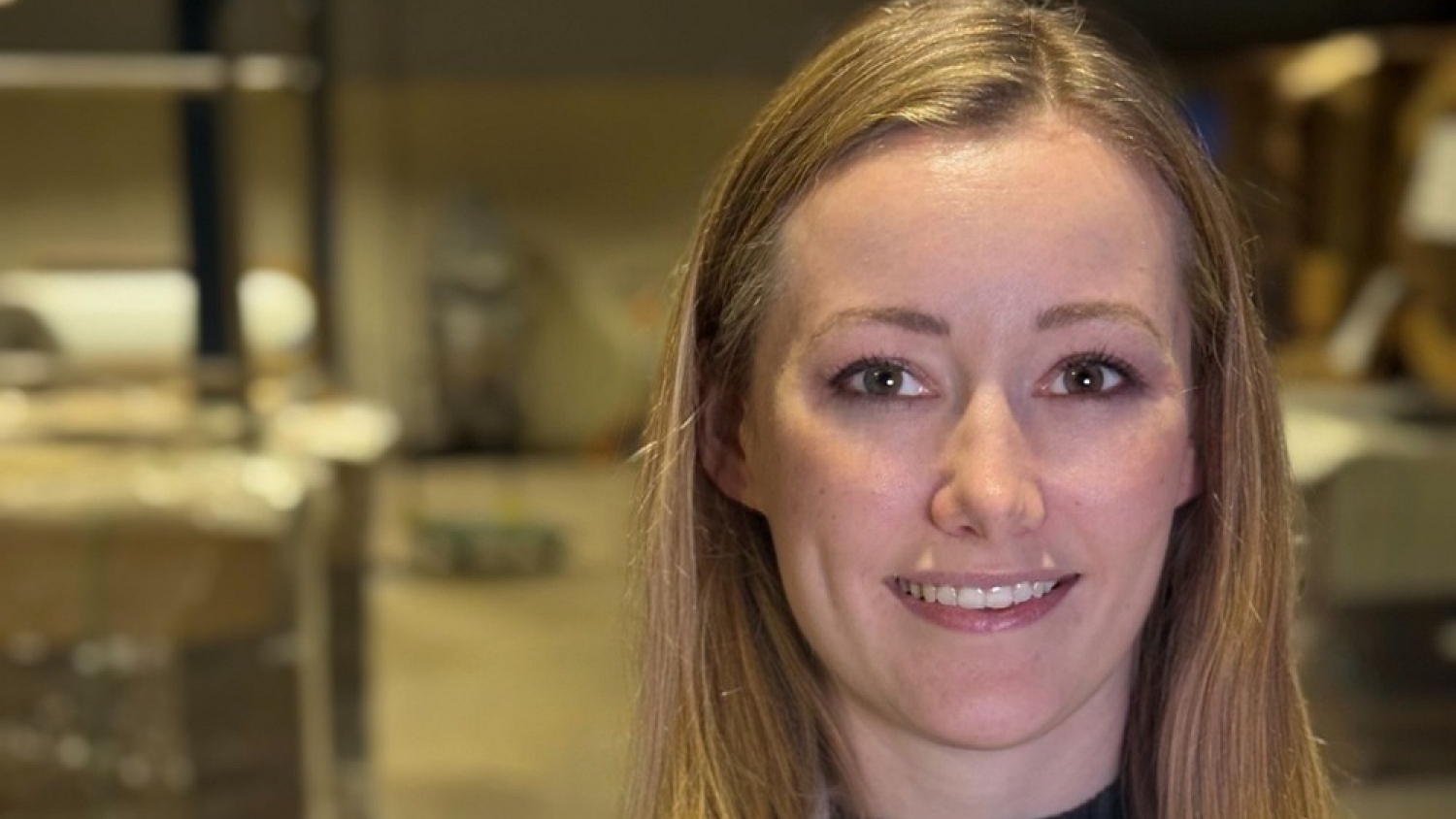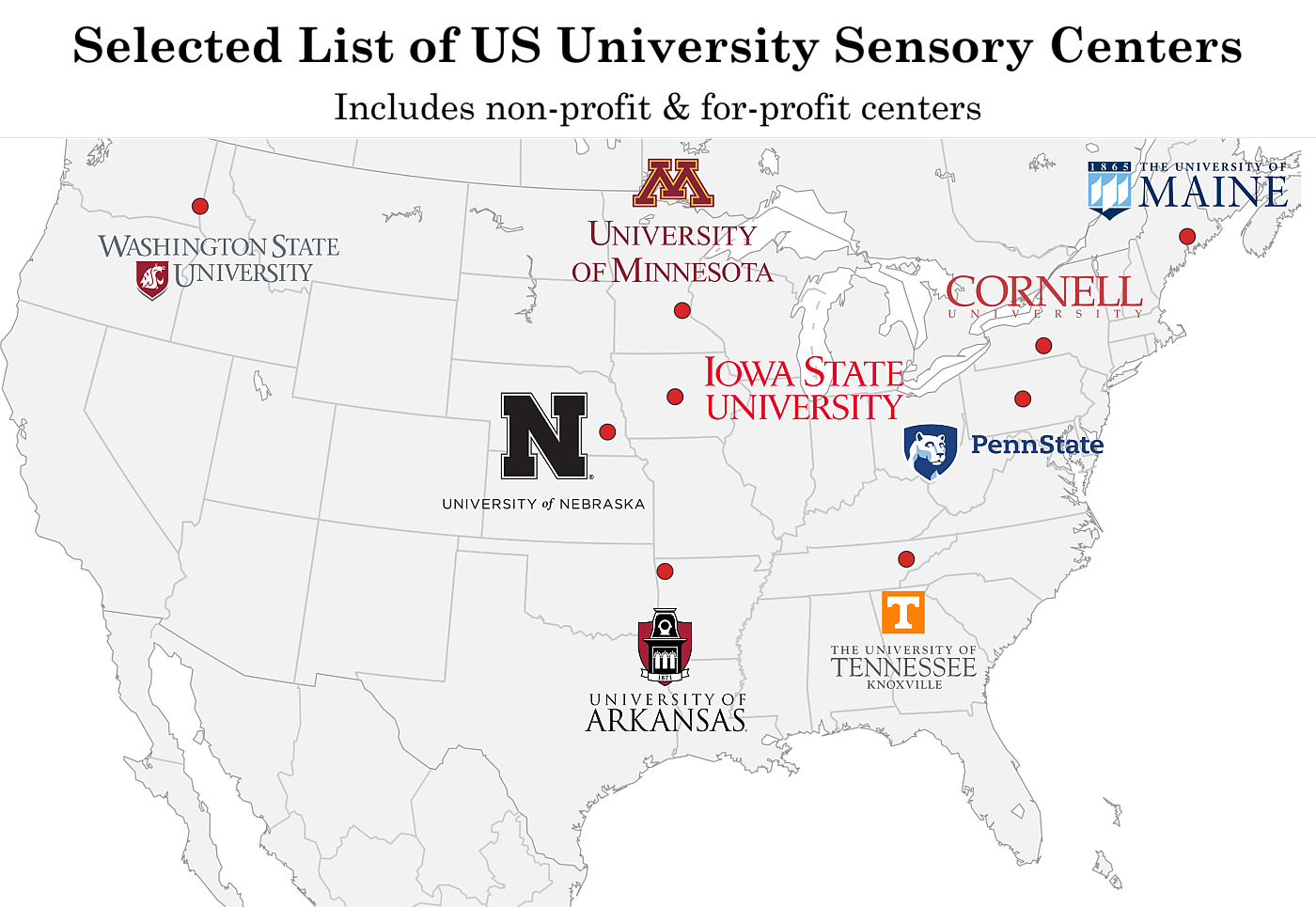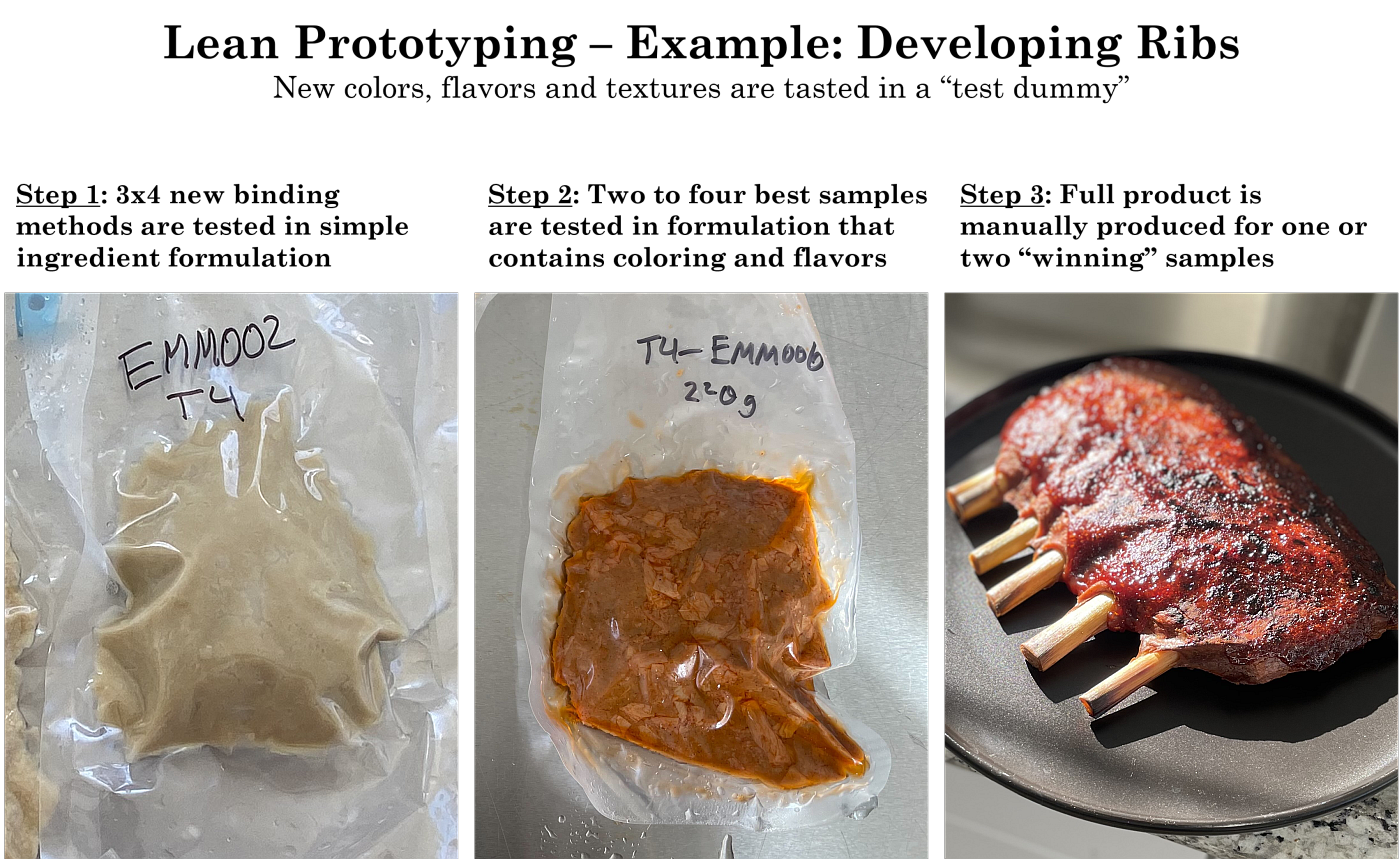
Building a foodtech startup is becoming increasingly challenging as founders confront high experimentation costs, long regulatory timelines and expensive manufacturing needs, according to insights reported by AgFunderNews, which interviewed Insa M. Mohr, founder and CEO of the US-based plant-based meat startup Offbeast. The report highlights why early-stage companies struggle to operate under traditional “lean startup” principles and identifies strategies that may help them stay agile despite financial constraints.
Mohr, a former strategy consultant at BCG and former associate director of strategy and innovation at Merck, is also the co-inventor of a pending patent for the manufacturing of plant-based whole cuts. Her experience, gathered while building Offbeast, reflects what many founders in the sector face: long development cycles, complex scientific processes and the need to operate simultaneously as a deep-tech and consumer company.
According to the AgFunderNews report, Mohr noted that standard entrepreneurial advice—such as raising minimal capital, moving quickly and avoiding unnecessary infrastructure—often clashes with the realities of foodtech. While these principles underpin widely used frameworks like Eric Ries’s The Lean Startup, the report underscores that such models were developed primarily for software companies, whose development cycles and costs are fundamentally different.

The challenges start with product development. Foodtech experiments take time, equipment must often be built from scratch and regulatory steps, such as those involving the US Food and Drug Administration (FDA), can add significant delays. The report also notes that many foodtech startups cannot rely on early B2B commercial pathways because their underlying technology is too novel for existing market demand, forcing them to compete directly for consumer attention early in their lifecycle.
This dual pressure—developing breakthrough technology while simultaneously planning a consumer launch—creates a resource-intensive environment that often pushes founders to seek more capital than software peers. Yet in the current venture climate, where investment has tightened across the board, the ability to remain lean may be essential for survival.
Drawing from Mohr’s operational experience, the AgFunderNews story identifies five major strategies that have helped Offbeast streamline its development, limit spending and accelerate commercialization.
The first strategy centers on reducing the cost of consumer tastings, an essential but expensive step for food companies. External tasting panels can cost between $10,000 and $15,000, a prohibitive amount for early-stage ventures. AgFunderNews reports that Offbeast initially relied on small in-house tasting groups to obtain early feedback, which helped uncover key insights without major costs. As the company matured, it partnered with university food-science programs offering high-quality tasting services at significantly lower prices. Mohr told AgFunderNews that one such collaboration with a Southeastern US university cost approximately $2,500 for 50 panelists, yielding strong consumer insights. The report adds that specialized firms like Palate can also deliver real-world tastings at prices more compatible with startup budgets.
The second tactic highlighted by AgFunderNews involves moving direct-to-consumer (D2C) as early as possible to gather feedback from real buyers—and generate revenue at the same time. The report explains that Offbeast initially sold to restaurants but quickly discovered that feedback from chefs was more limited and slower to arrive than feedback from at-home consumers. Transitioning to D2C channels enabled the company to receive comments through QR-linked forms, follow-up emails, social media and even text messages. The report notes that 10% to 25% of early customers typically respond with feedback, and Offbeast increased participation by offering incentives such as a $100 Whole Foods gift-card giveaway.

A third strategy is to adopt scrappy and easily editable packaging, avoiding large upfront design and production costs. AgFunderNews reports that minimum orders for custom packaging can run into the hundreds of units and lock startups into designs that are slow to update, even though packaging often requires rapid iteration based on early customer reactions. Offbeast initially used custom boxes and stickered mailers, but the process was slow and costly. The company eventually switched to simple postcards printed overnight, which enabled fast updates—such as clearer cooking instructions—after receiving feedback that customers were overcooking their products. According to the report, such changes helped reduce complaints and bought the company time to improve product attributes.
The fourth recommendation involves investing in a lean product cycle by delaying the construction of manufacturing hardware. AgFunderNews emphasizes that many companies build equipment prematurely, only to discover later that their processes need to change. Mohr told the outlet that Offbeast avoided such pitfalls by testing new ideas manually and creating a “test dummy”—a minimal viable prototype used to examine new concepts without producing a full product. According to the report, this approach reduced the company’s development cycle from six months to as little as one or two months, a significant acceleration for a foodtech operation.
Finally, the fifth strategy involves shifting resources toward commercialization once the product reaches a “good enough” stage. AgFunderNews explains that foodtech teams often consist primarily of scientists early on, but once product-market fit appears, the priority shifts to scaling sales. At Offbeast, the report notes, the team temporarily reduced R&D staffing to half of one full-time employee while reallocating resources to operations and business development. Despite this reduction, the company continued to roll out new products or variations every one to three months, thanks to its streamlined iteration infrastructure.
According to the AgFunderNews piece, Mohr’s experience suggests that while foodtech startups face structural disadvantages compared to software companies, lean strategies can meaningfully extend their runway. Many founders today lack access to the large funding rounds that were common during earlier investment cycles, making operational efficiency more critical than ever.
AgFunderNews concludes that a disciplined approach—focused on affordable consumer testing, early D2C engagement, flexible packaging, postponed hardware investments and timely commercialization—may offer a viable path for startups navigating an increasingly competitive and capital-constrained foodtech landscape.
